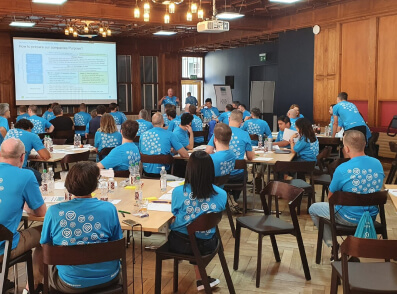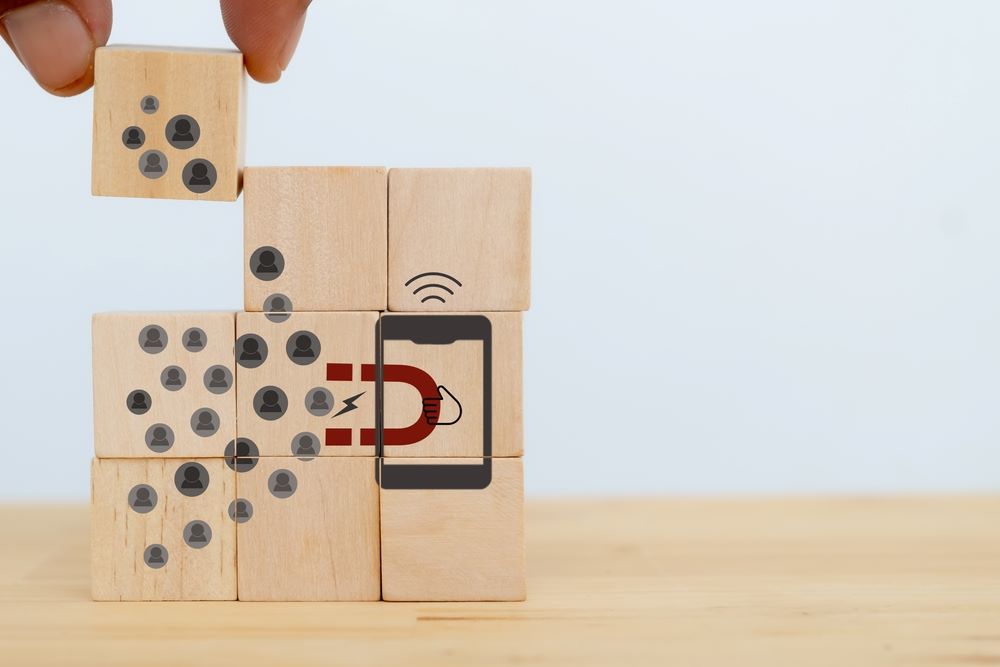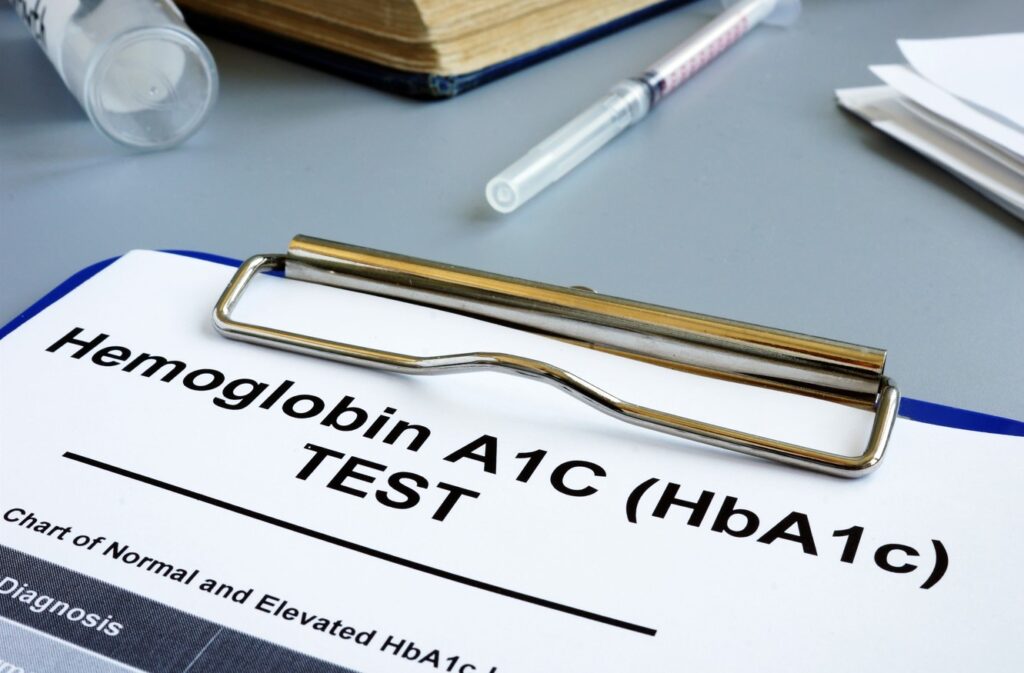For our third blog on our Wheel of LifeTM series, we’ll be focusing on sleep and how it affects overall health.
We all know that the recommended sleep time for adults is between 7-9 hours a night. Shockingly, adults worldwide are actually averaging a mere 6.8 hours nightly, according to a recent study.
This is a relatively recent phenomenon as back in 1910 the average person was reported to sleep around 9 hours per night.
Sleep deprivation has gotten so out of hand that the CDC has raised the alarm and declared insufficient sleep a ‘public health problem’.
Lack of sleep -or sleep deprivation- is an issue affecting almost every country in the world.
And it only seems to be getting worse, with polls showing that 44% of adults around the world admitting their sleeping habits have deteriorated further over the past 5 years.
Why Have We Become Sleep Deprived?
It is clear that the proportion of people sleeping less than the recommended hours of sleep is rising. There are many different theories to explain this decline in sleeping time.
Although the main culprits are lifestyle factors related to a modern 24/7 society, such as psychosocial stress, alcohol consumption, smoking, lack of physical activity and excessive electronic media usage, there are other health and environmental factors affecting our sleep hygiene.
Stress or worry is one of the leading causes of sleep deprivation, with 54% of adults admitting it interferes with the quality or quantity of their sleep. There are other health conditions such as insomnia or snoring that keep over a third of adults awake at night.
Work related issues, such as shift work sleep disorder, are responsible for 22% of sleep deprivation.
As we come to terms with the magnitude of this global sleep deprivation epidemic, the countries that are being hit the hardest by lack of sleep aren’t even meeting the absolute minimum of 7 hours a night. Japan shows the most concerning data, where adults hardly average 6 hours of sleep nightly.
These are the other worst countries for average sleep time:
- Japan: 5 hours and 59 minutes
- Saudi Arabia: 6 hours and 8 minutes
- Sweden: 6 hours and 10 minutes
- India: 6 hours and 20 minutes
- The Philippines: 6 hours and 22 minutes
The Effects Of Sleep Deprivation
On Our Health
The advised 7-9 hours of nightly sleep for adults, is not only a mere recommendation. Not sleeping enough poses a serious risk to overall health.
“People who consistently get less than six hours of sleep nightly face a higher risk of heart disease as well as other, often co-occurring conditions such as diabetes and obesity.” – Harvard Medical School
The exact mechanisms of why sleep deprivation puts us at higher risk of certain health conditions aren’t yet fully understood, but disruptions in blood pressure and blood sugar regulation likely play an important role. Sleep deprivation and poor quality of sleep have been directly linked to a range of physical or mental health conditions and complications, including:
- High blood pressure (hypertension)
- Cardiovascular conditions (heart attack, coronary heart disease)
- Type 2 diabetes
- Depression
- Obesity
- Cancer
- Memory loss
- Decreased productivity
- Serious injuries and accidents
On The Economy
It may not seem obvious at first, but lack of sleep comes with a high price tag for the worldwide economy.
Clearly, all the forementioned health issues derived from sleep complications are not only putting a strain on healthcare systems and Life & Health insurers but also on the economy at large.
It’s no surprise that one of the countries suffering the hardest economic consequences of sleep deficiency is Japan, which is seeing losses of up to $138 billion a year due to its sleep deprived population. The U.S., due to its vast economy, is estimated to be the biggest loser with up to $411 billion a year being attributed to sleep-related economic deficits.
Quality and Quantity: A Holistic Solution
Increasingly, more professionals are pointing to sleep quality as a crucial factor to also be considered when tracking sleep.
As quality of sleep as well as its duration become equally important in measuring sleep, the best next question is: how do we assess and improve holistic sleep health?
That’s where our Wheel of LifeTM Digital Health Engagement Platform comes in. As we focus on measuring overall holistic health, sleep is one of our seven categories dedicated to this purpose.

Within our sleep category, the platform has the ability to take into account not only the duration of the user’s sleep but also its quality (including how many times the user wakes during a sleep cycle). Users of our platform can manually input sleep data or it can be fetched from our wide range of supported devices and third-party apps.
This data translates into a sleep score, through which users can see how much their sleep is impacting their overall health.
With data showing that 80% of adults would like to improve the quality of their sleep, our platform provides a range of engaging sleep-related goals and blog articles with tips on achieving a better night’s sleep.
With the help of our Smart Coach, users will be prompted when they are not getting enough sleep and they will be able to join a sleep-related goal that’s relevant to them. Our Wheel of LifeTM users are taught about how sleep health is a crucial part of their overall fitness and are provided with an engaging and easy methodology to improve not only the quantity but also the quality of their sleep.
Improving employees’ sleep not only presents tremendous benefits to employers of any type of organization –boosting performance, focus, decision-making and memory– but can also be a great preventative measure for insurers to save on healthcare related costs derived from their policyholders’ sleep deprivation, as previously stated.
Let’s get your digital health engagement plan in place.
Request a complimentary Wheel of LifeTM demo today.
Every week we will be releasing a dedicated article on one of the seven different categories of our Wheel of LifeTM. Come back on December 23rd to read our next blog on the nutrition category!


















